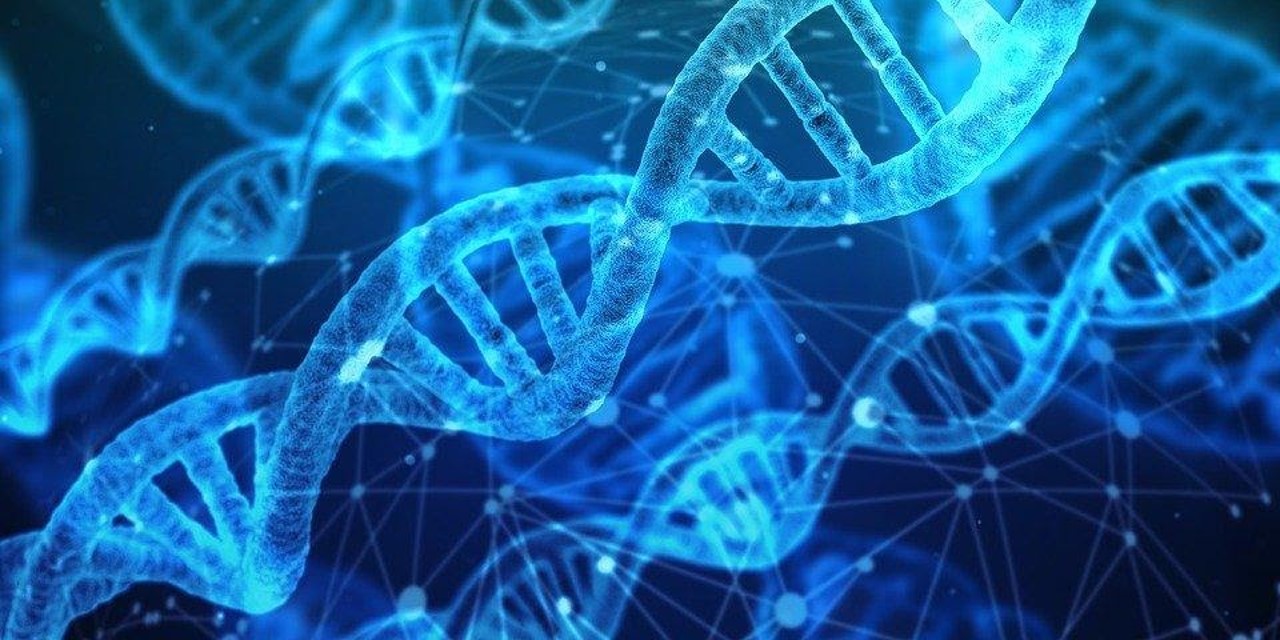 |
Login
On-Demand Course
Course Description: Forensic Biology is an interdisciplinary course that explores the application of biological principles and techniques to the criminal justice system. This course provides students an in-depth look into the role biology plays in forensic investigation. Topics covered include the foundational techniques of collection, preservation, and serological analysis of biological samples such as blood, semen, saliva and other body fluids. Students will gain an understanding of techniques currently employed by forensic biology laboratories including chemical, enzymatic, microscopic, and ligand-binding based assays. The course also covers the entire DNA analysis process, from extraction to separation, providing students with an understanding of its application in criminal cases. Additionally, students will learn the importance of thorough documentation, report writing, and providing expert legal testimony. Throughout the course, a strong emphasis will be placed on the critical need for scientific accuracy, ethical practices, and adherence to legal protocols in forensic biology. Detailed Learning Objectives:
*Once you have completed all requirements for the webinar you will have access to your certificate for download. You can find your certificates in the Awards tab at the top of the page. The webinar's content has been reviewed by the ABFT and ABC, and determined to be acceptable for submission to the ABFT or ABC for continuing education credit! Click the LOGIN button below to register for this course: Forensic Biology Unlocked! |